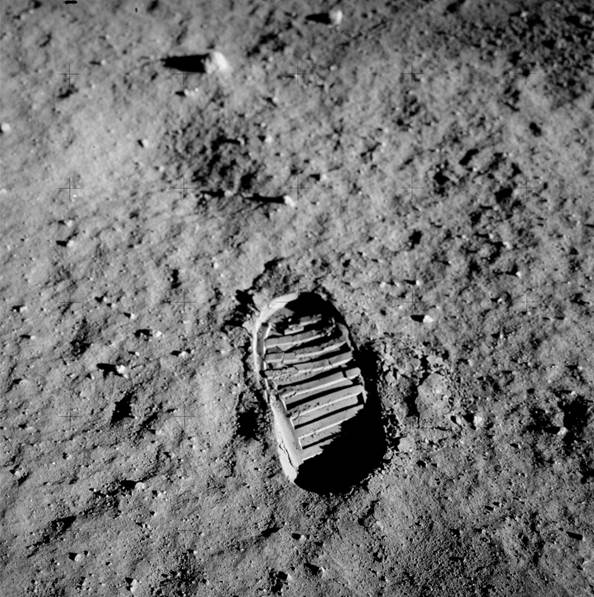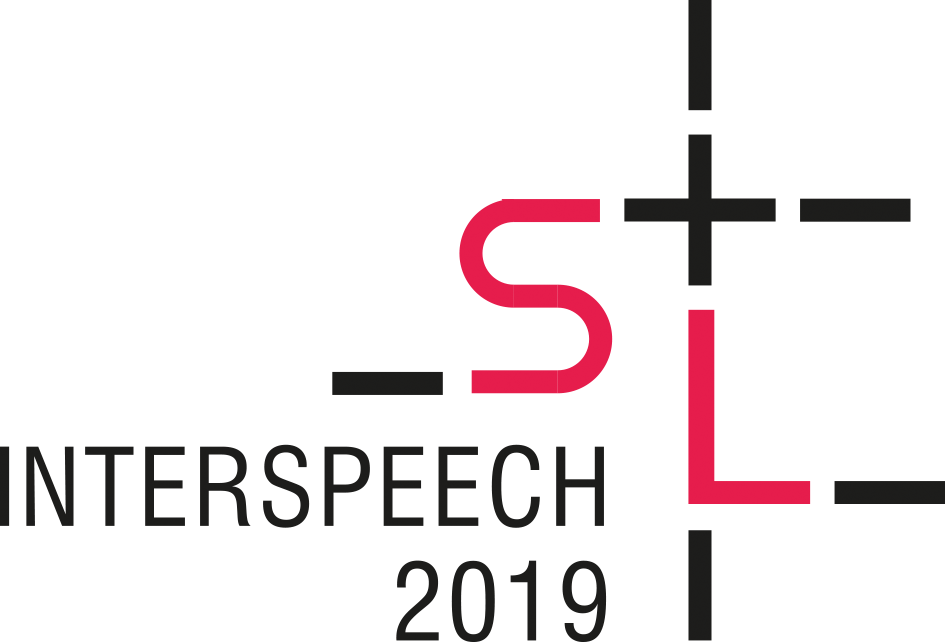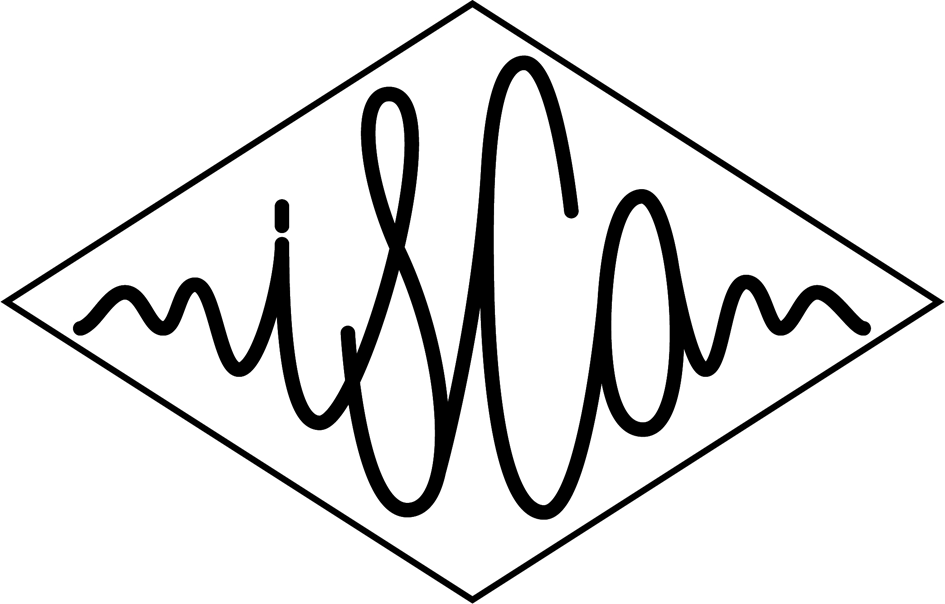One Giant Leap for Mankind
Published on 21 July 2019

Exactly 50 years ago, the first human being set foot on the moon. The NASA Apollo program relied on a massive team of dedicated scientists, engineers, and specialists working seamlessly together in a cohesive manner to accomplish probably one of humankind’s greatest technological achievements in history.
The 2019 FEARLESS STEPS (FS-1) Challenge is an initial step to motivate a streamlined and collaborative effort from the speech and language community towards addressing massive naturalistic audio, the first of its kind. The Fearless Steps Corpus is a collection of 19,000 hours of multi-channel recordings of spontaneous speech from over 450 speakers under multiple noise conditions. A majority of the Apollo Missions original analog data is unlabeled and has thus far motivated the development of both unsupervised and semi-supervised strategies. This edition of the challenge encourages the development of core speech and language systems for data with limited ground-truth/low resource availability and is intended to serve as the “First Step” towards extracting high-level information from such massive unlabeled corpora. In conjunction with the Challenge, 11,000 hours of synchronized 30-channel Apollo-11 audio data has also been released to the public by CRSS-UTDallas.
At INTERSPEECH 2019, you will have the unique opportunity to sample some of the results of this challenge and commemorate the extraordinary human achievement of the first moon landing.
Look out for the following papers:
- Two-Dimensional Convolutional Recurrent Neural Networks for Speech Activity Detection by Eleftherios Fanioudakis, Anastasios Vafeiadis, Ilyas Potamitis, Konstantinos Votis, Dimitrios Giakoumis, Dimitrios Tzovaras, Liming Chen and Raouf Hamzaoui
- The 2019 Inaugural Fearless Steps Challenge: A Giant Leap for Naturalistic Audio by John H.L. Hansen, Aditya Joglekar, Meena Chandra Shekar, Vinay Kothapally, Lakshmish Kaushik and Chengzhu Yu
- Multi-level Adaptive Speech Activity Detector for Speech in Naturalistic Environments by Bidisha Sharma, Rohan Kumar Das and Haizhou Li
Other news
15 September 2019 — Ledgend for Heads on Badge [link]
06 September 2019 — From Nikola Tesla to Nikolaus Juch [link]
11 July 2019 — For Our Winelovers from Anywhere on Earth: Southern-Styrian Wineroad [link]
28 June 2019 — Frequency Hopping in Graz [link]
03 June 2019 — Diatonic Accordion World Championship [link]
23 May 2019 — ISCA-SAC Announces Student Events [link]
05 May 2019 — Survey Presentations: Submission Deadline Extended Until May 12, 2019! [link]
28 April 2019 — For Our INTERplanetary and INTERgalactic Friends: Johannes Kepler [link]
28 April 2019 — For Our Friends from California: Arnie’s Life [link]
23 April 2019 — Contribute with a Survey or a S&T Demo [link]
27 March 2019 — Getting Close! Only 2 Days Left... [link]
26 March 2019 — ISCA Travel Grants Announced [link]
15 March 2019 — Excellent Topics and Presenters for Tutorials Selected [link]
14 March 2019 — For Our Friends from Japan: Osaka-zu byobu [link]
01 March 2019 — The Hardest Test for the INTERSPEECH 2019 Conference Venue – A Big Success! [link]
22 February 2019 — Paper Submission Portal is Open! [link]
20 February 2019 — Graz Sets Record With the Tallest Underground Slide in the World [link]
30 January 2019 — Updates on Special Sessions and Challenges, Show and Tell, and Tutorials [link]
09 January 2019 — Let It Snow! Let It Snow! Let It Snow! [link]
01 January 2019 — Happy New Year - Happy INTERSPEECH 2019! [link]
08 December 2018 — The Austrian Word of the Year 2018 [link]
31 October 2018 — Fake News and Other AI Challenges for the News Media in the 21st Century [link]
12 October 2018 — ISCApad #244 publishes INTERSPEECH 2019 calls [link]
05 October 2018 — Local Members of Organizing Committee meet in Graz [link]
02 October 2018 — The INTERSPEECH Kids — Childcare support for conference participants [link]
01 October 2018 — Christoph Prinz, Chairman of the Board of Directors of LT-Innovate [link]
26 September 2018 — The European Day of Languages [link]
16 September 2018 — Graz celebrates Aufsteirern [link]
06 September 2018 — Passing of the Baton from INTERSPEECH 2018 to INTERSPEECH 2019 [link]
















